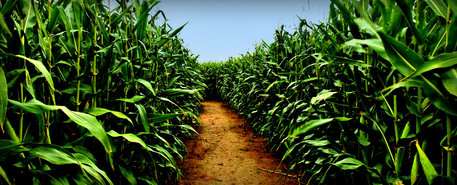Bylaw would limit operating hours
By Diego Flammini
Assistant Editor, North American Content
Farms.com
If a proposed bylaw by Alberta’s Sturgeon County passes, local agribusinesses could be forced to limit their operating hours.
The bylaw proposal says agribusinesses, including corn mazes, fruit picking and wedding reception services, would only be allowed to operate between 8 a.m. and 6 p.m. on weekdays, and 8 a.m. to 8 p.m. on weekends and holidays.
Local farmers are concerned the bylaw could cut into their profits and impact consumer relationships.
“It really undermines our customer base,” Tammy Andersen, owner of Prairie Gardens and Farms, told CBC.
Andersen said the bylaw could completely wipe out an entire demographic of potential customers.

“Essentially we wouldn’t be open when they came to buy their flowers and we’d lose all of that customer base,” she told CBC. Customers tend to visit in the evening, she explained, as people’s work schedules can go late into the day.
County officials say, over the past two years, they’ve held events allowing the public to provide feedback on the proposed bylaw. And agribusinesses were brought up for discussion during these events.
“(The public) did express some impacts with late evenings or activities that do have an impact on their quality of life,” Clayton Kittlitz, Sturgeon County’s manager of planning and development, told CBC.
The proposed bylaw will be discussed at a public meeting on Feb. 28 in Morinville.
Farms.com has reached out to local agribusinesses in Sturgeon County to get their thoughts on the bylaw.